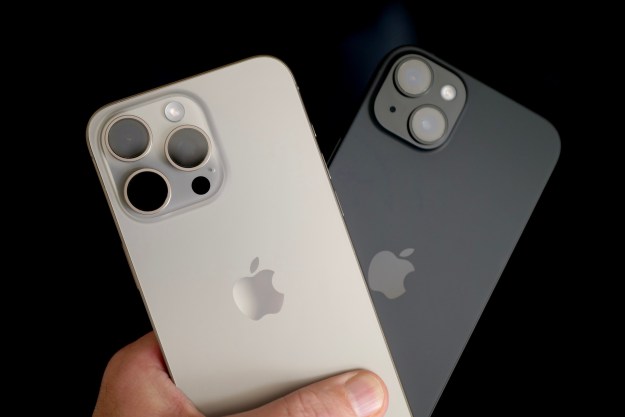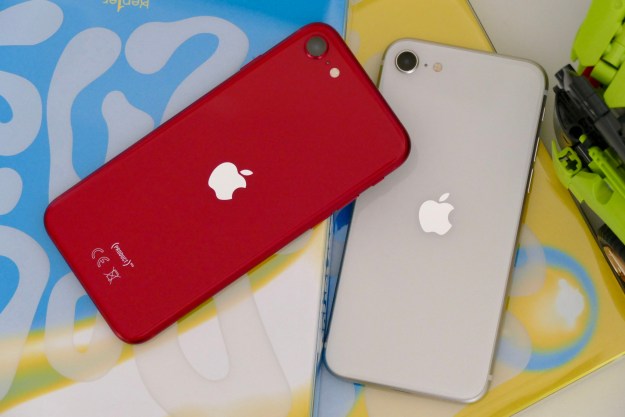Apple could be back in hot water when it comes to throttling iPhone performance. According to a report from Reuters, the Arizona Attorney General Mark Brnovich is leading a multi-state investigation into the throttling of iPhone performance, and whether or not the “deliberate slowing of older iPhones violated deceptive trade practice laws.”
According to the report, the probe first started in October 2018, and investigators have asked Apple for data regarding unexpected iPhone shutdowns, and data around Apple’s throttling of devices through power management software.
In 2017, it was discovered that Apple was slowing down iPhone performance for devices with older batteries. While some assumed this meant that the company was pushing customers to upgrade to a new device, Apple argued that it had to throttle performance to prevent shutdowns resulting from aging batteries not able to handle power spikes needed by the processor. Not only that, but the company also launched a program to replace iPhone batteries at a discount. While the company admitted that it reduced power demands, it also released a tool in the iPhone Settings app to turn this throttling off, warning that turning it off could result in iPhones unexpectedly turning off.
Earlier in the year, Apple agreed to pay $500 million to settle a class-action lawsuit related to the battery throttling issue. This equated to around $25 per device, and you can check if your iPhone is part of the lawsuit using an online tool. The lawsuit includes iPhone 6, iPhone 6 Plus, iPhone 6S, iPhone 6S Plus, and iPhone SE devices that ran iOS 10.2.1 or later before December 21, 2017, or iPhone 7 or iPhone 7 Plus devices that ran iOS 11.2 or later before December 21, 2017. To file a claim, you will have to know your iPhone’s serial number — or you can use the search tool if you don’t have access to that information.
The investigation follows another multi-state investigation led by Texas Attorney General Ken Paxton, which was reported on last week, and could reportedly result in a lawsuit over an unnamed violation of consumer law. If the investigation is into the same issue that the Arizona-lead coalition is probing, it’s possible the two could merge.
Editors' Recommendations
- I can’t wait for Nothing to launch this stunning phone
- Apple is about to do the unthinkable to its iPads
- We finally know when Apple will announce its 2024 iPads
- An Apple insider just revealed how iOS 18’s AI features will work
- 5 phones you should buy instead of the iPhone 15


